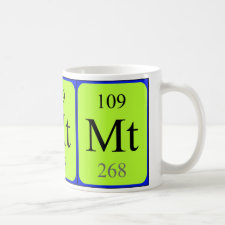
Authors: Dima SO, Meouche W, Dobre T, Nicolescu TV, Sarbu A
Article Title: Diosgenin-selective molecularly imprinted pearls prepared by wet phase inversion.
Publication date: 2013
Journal: Reactive and Functional Polymers
Volume: 73
Issue: (9)
Page numbers: 1188-1197.
DOI: 10.1016/j.reactfunctpolym.2013.05.014
Alternative URL: http://www.sciencedirect.com/science/article/pii/S1381514813001338
Abstract: Functional poly(acrylonitrile-co-acrylic acid) imprinted pearls, selective for diosgenin - a steroidal saponin with the ability to reduce cholesterol from blood - were prepared by wet phase inversion. Three copolymers with the monomer ratios AN:AA90:10, 80:20, and 70:30 where used to prepare the corresponding MIPs (molecularly imprinted polymers) and NIPs (non-imprinted polymers).The rheology studies showed that an 8 w% solution of copolymer in dimethylformamide lead fastest to robust, spherical pearls. Affinity centres were generated via non-covalent bonding between diosgenin's hydroxyl groups and carboxyl moieties of the copolymer matrix. The presence and the quality of the selective binding sites in MIPs were highlighted by optic and electronic microscopy, infrared spectroscopy, thermal analyses, and batch rebinding tests. The imprinting factor (IF) values, ranging from 1.9 to 4.35, decrease with the increasing of the initial concentration of feed solution. When comparing the MIPs concerning the AN:AA ratio, the IF decreases in the order AN:AA80:20 > AN:AA70:30 > AN:AA90:10, suggesting that the 80:20 ratio is the optimum compromise between selectivity (given by AA) and resistance (given by AN). For the best imprinted MIP, 80:20, affinity tests were performed with three competitors, obtaining the average affinity 54%, compared with 31%, 11%, and 4% for the competitors
Template and target information: diosgenin
Author keywords: Molecularly imprinted polymers, Diosgenin, phase inversion, Acrylic copolymers, MIPs



Join the Society for Molecular Imprinting

New items RSS feed
Sign-up for e-mail updates:
Choose between receiving an occasional newsletter or more frequent e-mail alerts.
Click here to go to the sign-up page.
Is your name elemental or peptidic? Enter your name and find out by clicking either of the buttons below!
Other products you may like:
 MIPdatabase
MIPdatabase









